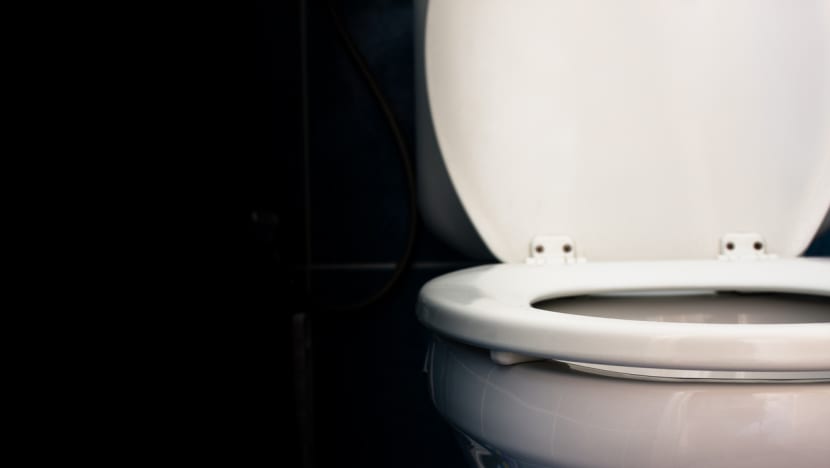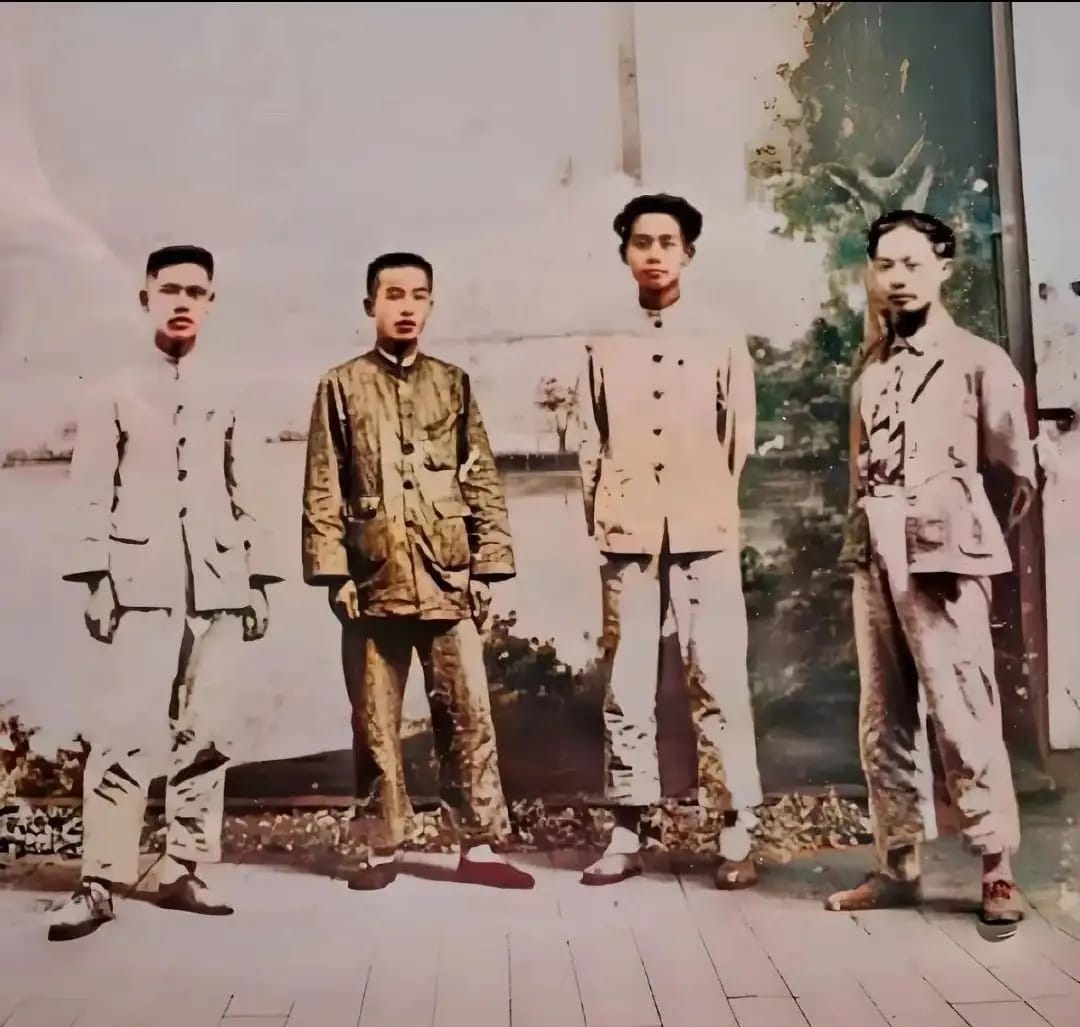Excessive use of 10-year series can be bad for students
https://www.straitstimes.com/opinion/excessive-use-of-10-year-series-can-be-bad-for-students
2023-12-30
Jason Tan
As the new school year draws near, it is time for industrious students to obtain copies of their 10-year series.
Often, the question is not whether one needs a 10-year series but whether one should get both the topical and the yearly formats.
The answer is usually yes, when schools and tuition centres increasingly require both for revision.
So common is this local practice that Wikipedia lists an entry for “Ten Year Series” by defining it first as a term used by many Singaporeans to refer to compilations of past national test papers.
These days, the use of the 10-year series has assumed epic proportions. Beyond the major national examinations, the papers now include tests for other levels of school, even in the face of the Ministry of Education (MOE) scaling back examinations at primary and secondary school levels.
The longstanding underground practice of compiling and printing other schools’ examination papers also persists despite official warnings of possible copyright infringement from the authorities.
Self-help group Yayasan Mendaki publishes past examination papers for the Primary School Leaving Examination (PSLE) and the N-level and O-level examinations, along with the answer keys. Various publishers have also made available a host of assessment books that provide students with topical practice.
Many national examination boards provide online syllabus documents outlining the objectives, knowledge and skills to be tested, as well as examination formats and topic weightages. Some also provide sample papers or past examination papers.
A few, such as the Central Board of Secondary Education in India and the New Zealand Qualifications Authority, go even further by supplying answers, marking schemes and examiners’ reports, with the latter also publishing model responses at three levels of attainment: achievement, achievement with merit and achievement with excellence.
The intent
That the 10-year series practice has gone into overdrive, however, should not blind us to the benefits and its original intent of sharpening strategies for revision.
Students of various ages naturally want to be well-prepared for examinations. Nothing could be worse than walking into an examination venue completely ignorant of the skills and topics to be tested, the testing format, the number of questions to be answered and the time limit for the examination. Using the 10-year series to determine if one has reached a prescribed level of learning or competence in relation to some pre-determined standards can help.
Cambridge Assessment International Education, which jointly examines the N-level, O-level and A-level examinations with the Singapore Examinations and Assessment Board, states unequivocally that “administered effectively, past papers are the best way to prepare students for the experience of an examination”.
Teachers are recommended to use them throughout the school year to acquaint students with the examination format and build their confidence in meeting the assessment objectives. These papers, in turn, can help teachers monitor their students’ levels of understanding and identify individual areas of weakness for improvement.
Equally importantly, Cambridge advises teachers to help students consider how much time to spend on each question and how to choose the right question to answer. The intent is to establish familiarity, develop time management skills and therefore reduce anxiety in students.
There is consensus among other reputable institutes of higher learning on the importance of practice tests. The McGraw Centre for Teaching and Learning at Princeton University recommends that students predict examination questions and practise answering them, along with other advice that urges students to think of examination preparation as an authentic rehearsal for examination performance.
Examination preparation need not be undertaken in solitude. The Singapore Management University libraries provide examination revision tips, one of which is to organise group review sessions with friends to “complete your notes, (and) discuss possible examination questions and solutions”.
MORE ON THIS TOPIC
Secondary 1 posting: Parents’ response matters more than we realise
Pisa scores: Has Singapore outsourced parenting to teachers?
The trouble
Nevertheless, there’s little escaping the tendency to focus on the high-stakes consequences of examination performance, which in turn leads many students and teachers to pay an inordinate amount of time to examination requirements.
A real possibility is that many teachers tend to pay particular attention to the tradition of past examinations and gear their teaching to content and skills featured in previous examinations rather than to equip students with skills in future demand, in line with broader national curriculum objectives.
Both students and teachers may end up ignoring topics or skills not explicitly tested. For instance, if language examinations exclude testing of oral fluency, these critical communicative skills may be de-emphasised or even ignored.
Likewise, if examinations largely test the recall or recognition of factual information, the focus will likely be on rote memorisation and algorithmic practice in answering examination questions – like when students memorise a series of stock sentences that could be used when writing essays or responding to oral examination questions.
Because of the strong element of extrinsic motivation involved, examinations may not provide optimal conditions for developing or sustaining intrinsic interest in learning. At the same time, students may not appreciate teachers who explore topics or skills that do not appear directly relevant to examination preparation.
The proliferation of the 10-year series also often conjures a tangential discussion over the educational arms race and raises calls to abolish milestone examinations. Such debate ignores the reality that standardised testing serves a crucial function of enhancing social equity.
Examinations are a meritocratic way of opening up access to educational and employment opportunities, especially for students from disadvantaged backgrounds. By imposing transparent, objective and impartial standards, they limit the effects of family status, parental occupation or random selection in determining access to education and social mobility.
MORE ON THIS TOPIC
Online learning for kids is a delicate balancing act
When PSLE results disappoint, parents face the biggest test ever
Reforms to testing
Rather than abolish standardised testing to address a fixation on gaming the system, tweaking how testing is conducted can dilute the competitive element of testing and help foster a love of learning.
Irish education researchers Thomas Kellaghan and Vincent Greaney used the term “washback effect” in their book Public Examinations Examined, published by the World Bank in 2020. The term refers to the effects that examinations have on individuals, policies or practices within a classroom, a school, an educational system, or society as a whole, which may have wider implications on access to education, social mobility and employment opportunities.
Examinations can focus students on clear goals to strive for, along with tangible incentives and rewards. Assessments can be a tool to change teacher behaviour and classroom instruction, and in turn improve student learning.
For instance, questions that require candidates to demonstrate the application of knowledge and skills to novel problems or situations can signal to teachers and students the need to link classroom learning to the real world.
This intricate relationship between assessment, on the one hand, and teaching and learning, on the other hand, has been at the forefront of education reform efforts in Singapore.
Since launching the Thinking Schools, Learning Nation policy initiative in 1997, the MOE has recognised that teaching and learning behaviour would not change substantially without any change to assessment modes.
An external review team commissioned to review the school curriculum so as to better prepare students for the 21st century made a disconcerting discovery: While about 40 per cent of PSLE questions tested higher-order thinking skills, teachers tended to resort to “over-drilling”, or repetitive practice in answering such questions, in order to help pupils anticipate and prepare for such questions.
The study felt that such questions would “become predictable to a certain extent” and less useful in testing pupils’ creative thinking or skill application.
Similarly, the review noted the practice in secondary schools of “drilling students in examination using the 10-year series” and how students’ commendable examination scores might be the result of teachers’ adeptness at “cramming, spotting questions and preparing students for examinations”.
The MOE has attempted to address this overemphasis on examination preparation by, among other things, promoting efforts in all schools towards holistic development that emphasises the importance of non-academic areas such as 21st century competencies. This resulted in the implementation of character and citizenship education programmes in schools in 2014, and the launch of applied learning programmes progressively across primary and secondary schools since 2013.
Over a quarter of a century later, major reform still centres around shaping testing to improve learning.
Recent changes in the PSLE scoring system and the progressive reduction of tests and examinations in schools are structural reforms that speak to this focus.
A reform under way in all schools is the idea of “assessment for learning”, which enables students, with their teachers’ assistance, to monitor their own learning and take active steps to move in the direction of their desired education targets.
Education Minister Chan Chun Sing has argued on numerous occasions for the need to strengthen an intrinsic motivation to learn among students, while highlighting that many worthwhile goals in life cannot be measured by test scores.
While announcing changes to the A-level examination scoring system in May, he championed the joy of learning while urging students to follow their passions instead of picking only subjects to score well in.
In a similar vein, director-general of education Liew Wei Li spoke in November at an Educational Research Association of Singapore conference of moving beyond preparing students for “a static certificate”. She also announced a greater emphasis to be placed on adaptive and inventive thinking, communication skills and civic literacy.
MORE ON THIS TOPIC
Could students benefit from having the same teacher for several years?
Choosing a pre-school shouldn’t be this difficult
A never-ending pursuit
The balance between retaining major national examinations for their important functions, and concomitantly the use of the 10-year series, while moving away from an obsessive focus on them to the point of distorting teaching and learning, will likely remain for the foreseeable future.
Even while the authorities and educators attempt to dampen the effects of learning for the sake of examinations, there are news reports of parents turning to the burgeoning private tutoring sector for mock examinations after the reduction in testing in schools.
A look at various tutoring agency websites and online videos reveals this emphasis, with mention of repeated mock examinations, predicting both written and oral examination questions, identifying key words in questions and crafting answers to best meet examiners’ expectations.
Some claim attention will be paid to mastering the art of answering higher-order questions, echoing concerns raised by the MOE external review team in 1997 of efforts to respond to new examination formats by devoting far too much classroom time to algorithmic learning of formulaic responses.
Examinations in various shapes and forms cannot be completely eradicated. Given their importance both for individual students and the rest of society, it makes perfect sense for students to want to enhance their chances of examination success.
Part of the route to this success invariably involves some degree of preparation and strategising. There is nothing wrong with attempting past examination papers in order to become familiar with the examination format, knowledge and skills that are tested.
Where it gets problematic is if learning goals are distorted to exclude anything perceived to be of little or no value in examination preparation, or when pre-rehearsed answers are slavishly memorised.
Jason Tan is associate professor of policy, curriculum and leadership at the National Institute of Education.
MORE ON THIS TOPIC
Post-PSLE: Tough transition to a vastly different secondary school education
Tough PSLE maths questions: Why we can’t remove them so easily




































